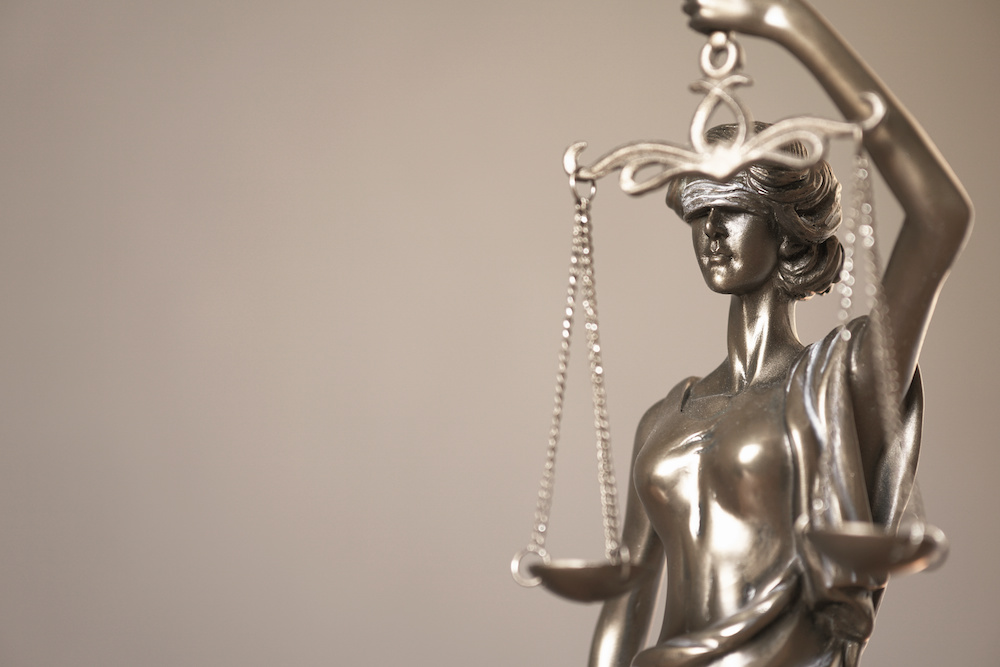At first, your creditors may file a formal motion with the Kentucky bankruptcy court requesting relief from the automatic stay. This may be in an attempt to continue collection activities against you and your property during your bankruptcy proceedings. But if their motion gets denied, they may file an objection against certain debt relief. In other words, they may object to the dischargeability of your eligible debts. On that note, please read on to discover whether creditors can object to the discharge of your debt at the end of your bankruptcy case and how a seasoned Louisville, Kentucky consumer bankruptcy lawyer at Schwartz Bankruptcy Law Center can defend your rights at this time.
Can creditors object to the discharge of debt in my bankruptcy case?
Yes, creditors may object to the discharge of your debts by filing a lawsuit in the Kentucky bankruptcy court and initiating adversary proceedings. Here, they must present a valid reason why you should not be released from these debt obligations. With this, they may make any one of the following arguments:
- A creditor may claim that you incurred a certain debt through an act of fraud before bankruptcy.
- A creditor may claim that you incurred a certain debt through intentional wrongdoing (i.e., drunk driving).
- A creditor may claim that a certain debt is ineligible for a discharge under the United States Bankruptcy Code.
- A creditor may claim that you took significant cash advances from a credit card close to your bankruptcy filing date.
- A creditor may claim that you incurred a certain debt through a luxury purchase made close to your bankruptcy filing date.
- A creditor may claim that you intentionally lied on your bankruptcy papers or participated in fraudulent activity during your proceedings.
- A creditor may claim that you failed to meet certain requirements throughout your bankruptcy proceedings to qualify for a discharge of debt.
How long do creditors have to file their objections with the court?
Creditors will first be invited to attend a 341 meeting of creditors. This is when a bankruptcy trustee may ask the debtor questions, under oath, regarding their submitted bankruptcy paperwork, their current financial status, income, assets, debts, and more. Hopefully, this may allow creditors to understand whether they should initiate an adversary proceeding with the Kentucky bankruptcy court.
Well, with that said, creditors may only have 60 days from the initial date set for the 341 meetings of creditors to challenge the dischargeability of a certain debt or the opportunity for discharge itself. Under rare circumstances, a creditor may formally request an extension of this deadline. This is if they can adequately prove that they require more time to investigate certain debts, or if there are other unforeseen circumstances beyond their reasonable control.
In conclusion, you should retain legal representation before you even get close to this adversary proceeding. So please, contact a competent Louisville, Kentucky consumer bankruptcy lawyer from Schwartz Bankruptcy Law Center today.

